A Gift Across Generations: Hiro Kanagawa on Forgiveness
Written by Maggie Ho
Photography: David Hou, Noah Asanias.
“I’m sorry for your loss. Please don’t blame me for something I didn’t do. I don’t want my baby growing up blaming you.”
Identity is rarely straightforward; it carries both memory and contradiction. As a child growing up in Hong Kong, we were taught to remember the “three years and eight months” of darkness during the Japanese invasion. Stories of hunger, brutality, and loss were passed down as markers of who we were, and of what had been endured. Yet at the same time, our daily life was also filled with joy from Japanese snacks, anime, toys, and pop culture. Between these two realities, I often wondered: am I betraying my ancestors? Should I feel guilty for embracing what once came from the other side of history?
The Stratford Festival’s 2025 production, Forgiveness, wrestles with precisely this tension. Written for the stage by Hiro Kanagawa and adapted from Mark Sakamoto’s award-winning memoir, the play spans continents and generations, confronting both war and reconciliation.
Forgiveness production Still. Photography: David Hou.
Parallel Stories, Shared History
The play weaves together two legacies. One belongs to Ralph MacLean, a young man from the Magdalen Islands, Quebec, drafted into the Second World War. Captured during the Battle of Hong Kong, he survives years of brutal imprisonment in Japanese camps. The other belongs to Mitsue Sakamoto, a Canadian-born Japanese lady whose family is uprooted, dispossessed, and interned on an Alberta sugar beet farm, not because of what they did, but because of how they looked.
Their stories, both epic and intimate, converge decades later when their children fall in love, prompting a haunting question: after all these years, how do you stand before someone who reminds you of those who once broke you?
Forgiveness production Still. Photography: David Hou.
From Page to Stage
For playwright and actor Hiro Kanagawa, Forgiveness is both a professional milestone and a personal reckoning.
“Most people who read the book wouldn’t immediately think, this would make a great stage play,” Kanagawa admits. “It spans sixty years, countless locales, and hundreds of characters. But once I met Mark and his family, I began to see a way in. Their memories and generosity gave me the foundation to build the story for theatre.”
Kanagawa is affirmative about his approach: “I’m not interested in a ‘greatest hits’ version of a book. What matters is being emotionally true. The memoir’s subtitle is ‘A Gift from My Grandparents’, and that gift, the ability to forgive, to pass resilience and grace through generations, that’s what I wanted to honour.”
Portrait of Hiro Kanagawa. Photography: Noah Asanias.
Embodying the Story
This season also marks Kanagawa’s acting debut at Stratford. “It’s my first time on this stage, and I’m having the time of my life. Performing in Forgiveness, especially here, is a tremendous honor and privilege.”
On stage, he plays both Mitsue’s hardworking, innocent, kindhearted father Yosuke and the Japanese commandant Kato, a man bound by duty yet shadowed by doubt. The dual casting is deliberate. “I think it’s important for audiences to see that Commandant Kato is just an ordinary person placed in extraordinary circumstances,” Kanagawa reflects. Humanity is rarely black-and-white. It is empathy and understanding, not judgment, that helps us to find our way through an ever-changing world.
Hiro Kanagawa as Kato in Forgiveness, Stratford Festival 2025. Photography: David hou.
Hyphenated Identity
Kanagawa’s own life echoes the play’s themes of displacement and resilience. Born in Sapporo, Japan, he grew up in Guelph, Ontario, and Sterling Heights, Michigan, before attending school in Tokyo.
“By the time I was 30, I had spent one-third of my life in Asia, one-third in Canada, and one-third in the U.S.,” he shares. “People like me live in a hyphenated identity. We constantly feel we don’t fully belong to any one place. There’s always an urge, deep inside, to be seen.”
This lived experience informs his empathy for characters like Mitsue, who was judged not for her actions but for her face. In one of the play’s most piercing scenes, Mitsue sits on a train bound for Vancouver when a stranger condemns her simply for being Japanese. The moment captures the quiet violence of prejudice.
Portrait of Hiro Kanagawa. Photography: Noah Asanias.
“People like me live in a hyphenated identity. We constantly feel we don’t fully belong to any one place. There’s always an urge, deep inside, to be seen.”
A Career of Many Faces
Over the years, Kanagawa has built a prolific career across stage and screen, with over 200 film and television credits. Audiences may recognize him from The X-Files, Star Trek: Discovery, Smallville, Man in the High Castle and countless Canadian and U.S TV productions. Yet he has also consistently pursued playwriting, with works such as Indian Arm.
His personal life mirrors the multicultural perspective he brings to his work. With his partner Tasha Faye Evans, who is half Indigenous and half European, he raised two children in a Canada far more diverse than the one Mitsue endured.
“The world is different now,” he reflects. “My children embrace their heritage and they are welcomed for it. That wasn’t my experience growing up. That’s one reason Forgiveness resonates with me: it’s about bridging divides and passing on resilience and understanding. Mitsue’s grace shaped a better future for her family. That is her gift.
Forgiveness is now playing at the Stratford Festival until September 27. For tickets, visit stratfordfestival.ca


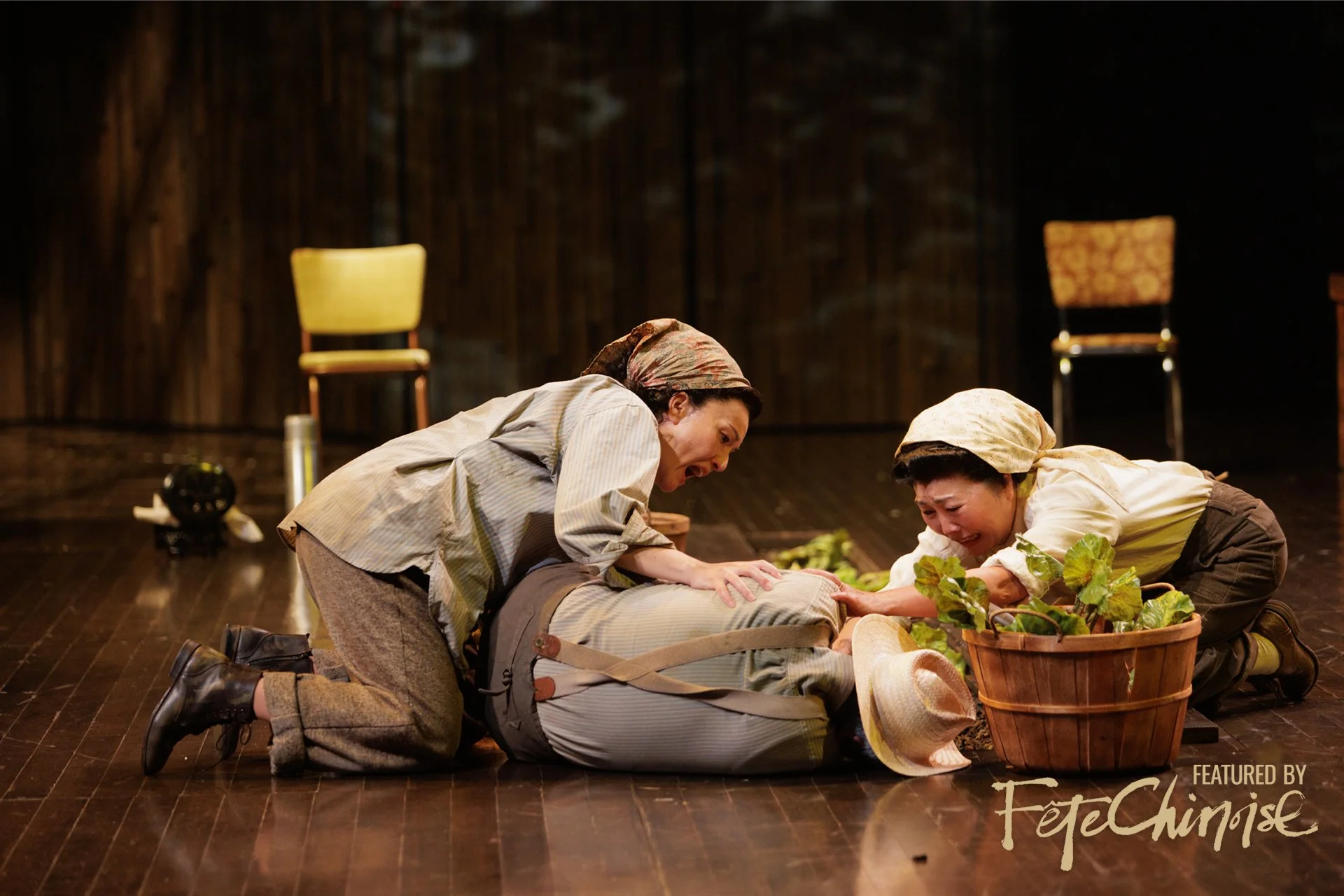
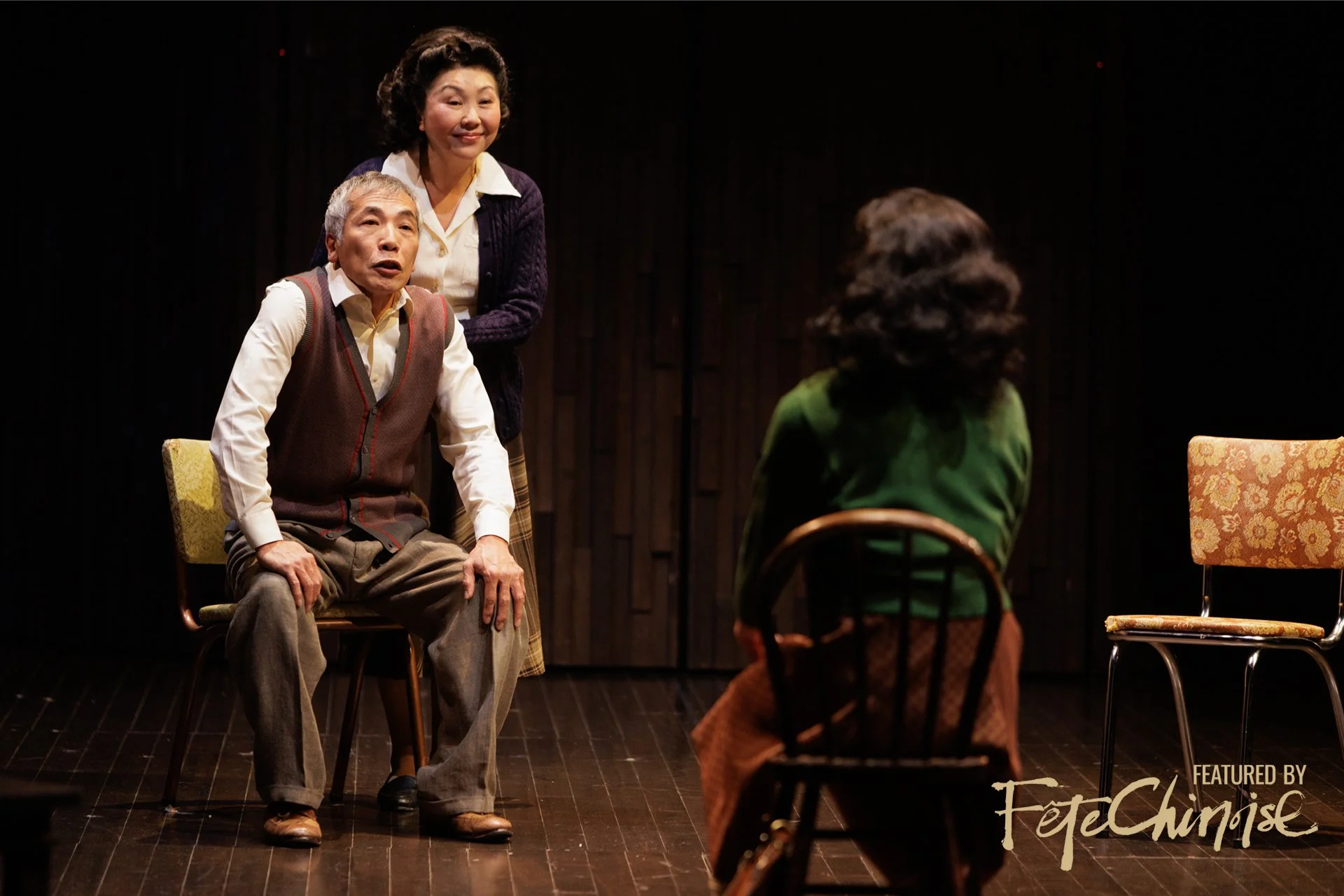
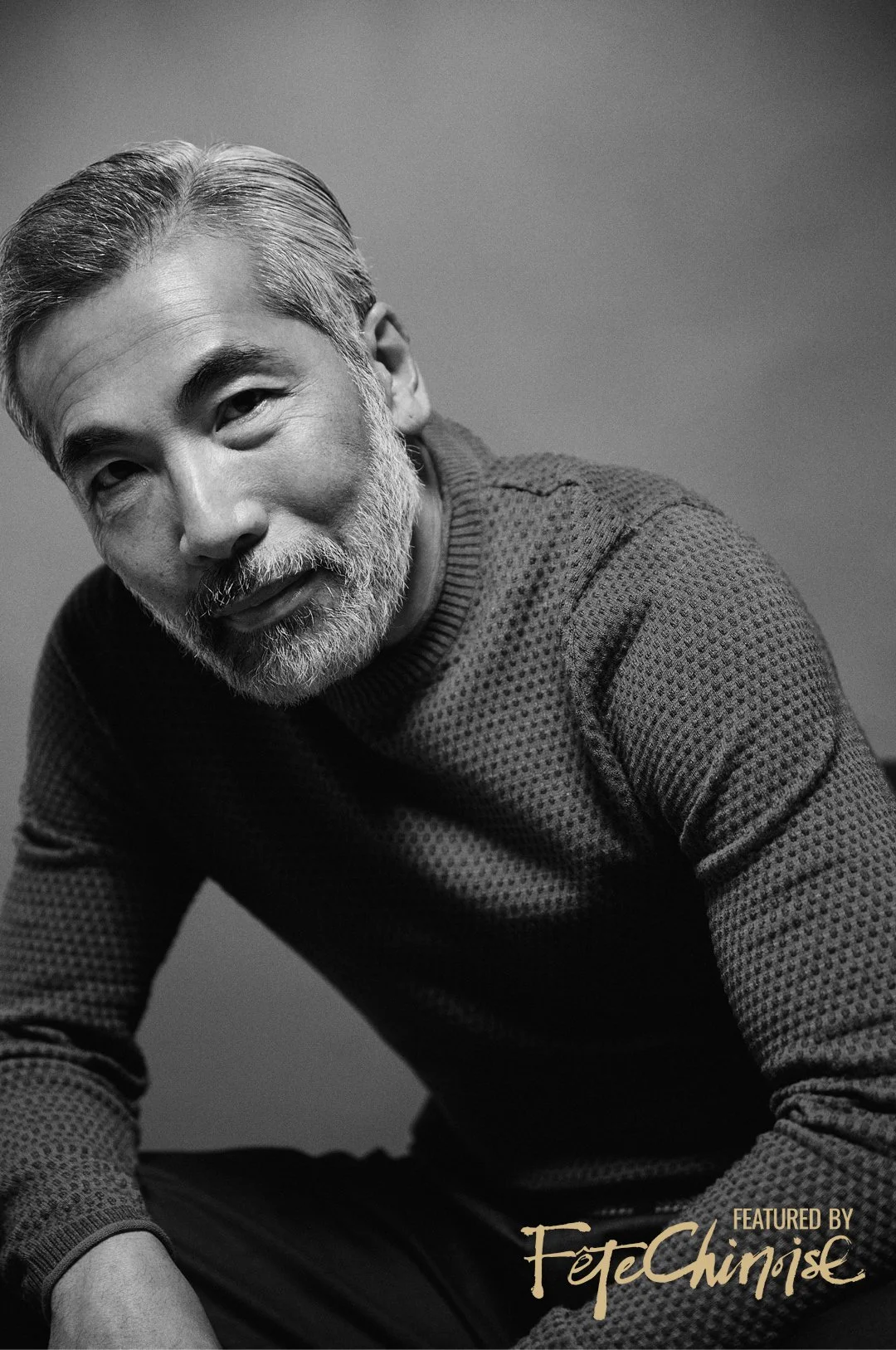
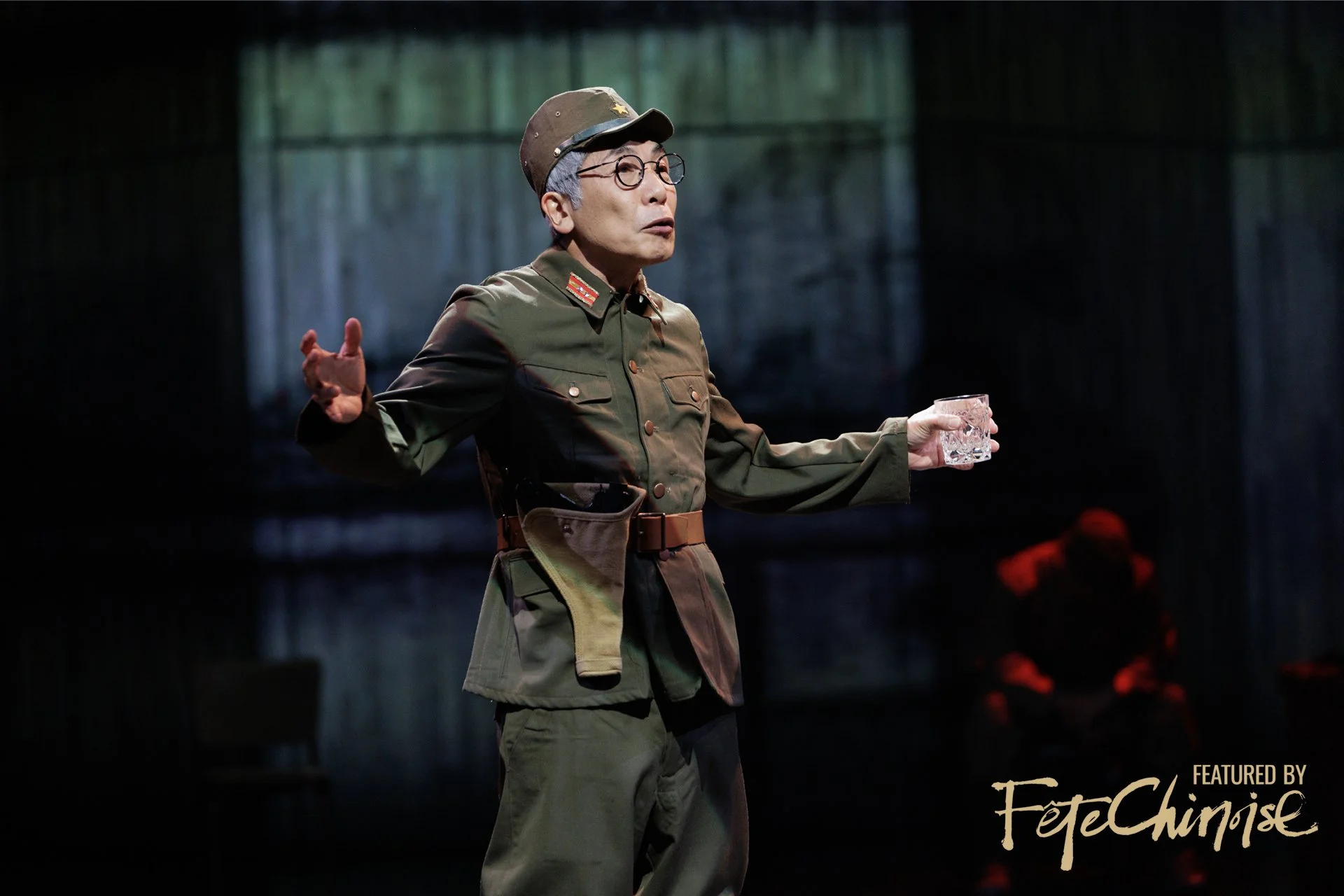
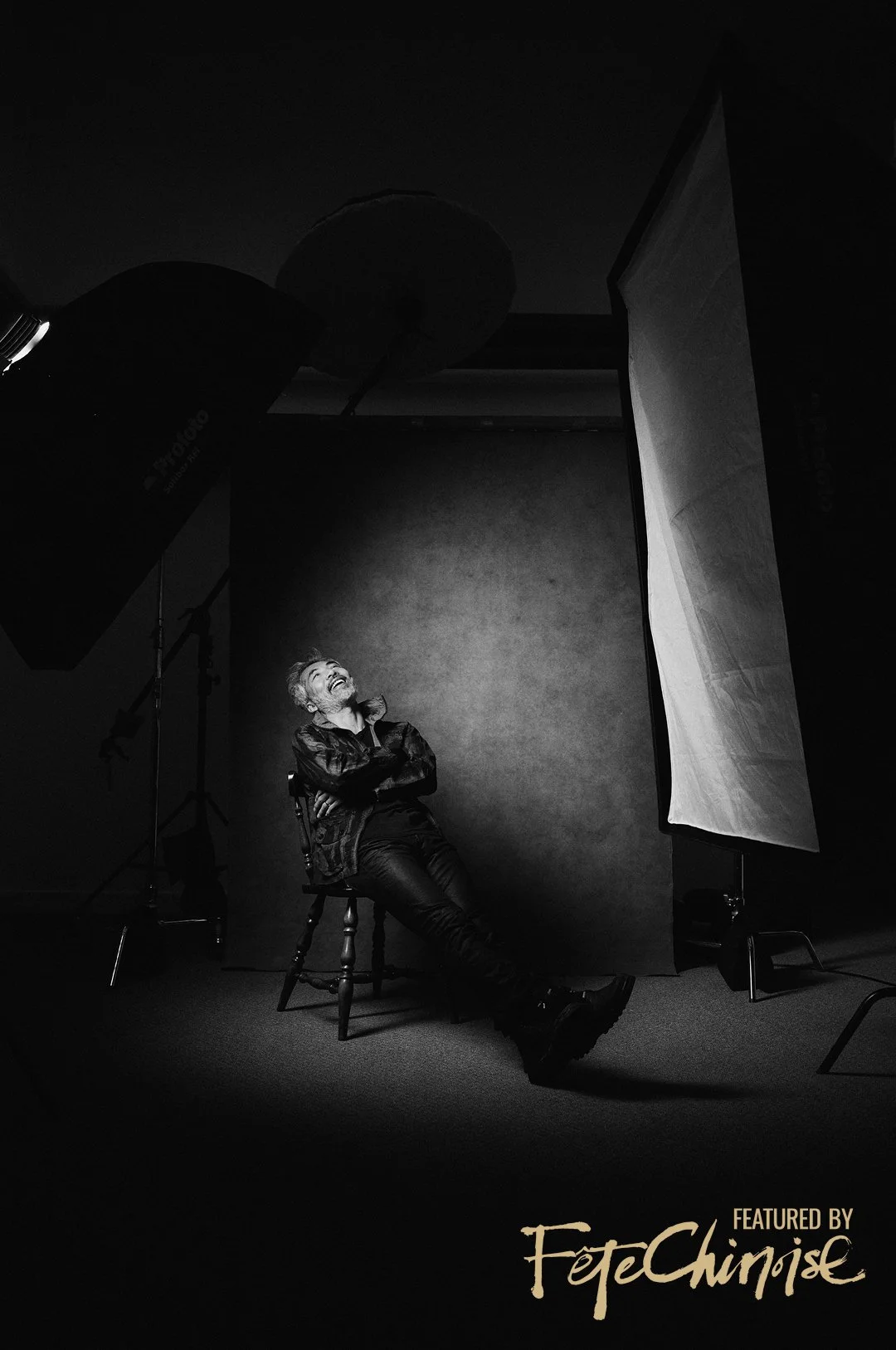












My First of May will warm audiences’ hearts this New Year with its North American premiere on January 16. Written and directed by rising filmmaker James Hung, the film is a tender, realistic portrayal of a father-daughter relationship, the pursuit of dreams, and the resilience needed to face life’s challenges. Spanning three generations, the story delicately explores the bonds of family and the preciousness of every moment.